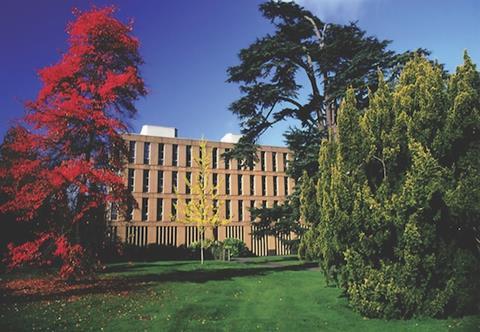
The University of Reading launched a salary sacrifice-based car leasing scheme called Mycar through Leasedrive (now combined with Zenith) back in June 2014.
The scheme has been something of a slow burn in terms of growth, with currently around 20 to 25 members, but is nevertheless seen as an important part of the university’s benefits mix.
Claire Eckett, HR manager, reward and benefits at the University of Reading, says: “We offer the scheme as a voluntary benefit and, as a university, we’ve not previously had a company car culture, so take-up has been slow but steady. We see it as part of a wider package of support for travel-related benefits, one that complements things nicely.”
While, no one actually knows what, if anything, will happen, a significant move by the government to limit or curtail salary sacrifice would almost certainly have ramifications for a scheme such as Reading’s.
“Salary sacrifice is the key element that makes it affordable for people. The reason we offer it through salary sacrifice is to have something better than simply buying a car privately through a local dealer, and that advantage would probably go," says Eckett. “Having said that, a lot of schemes do have a carbon dioxide (CO2) emissions cap; ours is set at 130g/km, so there is an environmental argument in terms of encouraging employees to be driving greener, less CO2-emitting [cars].
She adds: “What I would therefore hope and expect is that, even if the government did act, providers would be working very hard to put alternative schemes or scenarios in place that would still be attractive to employers, perhaps based around low CO2-emitting [cars].”











